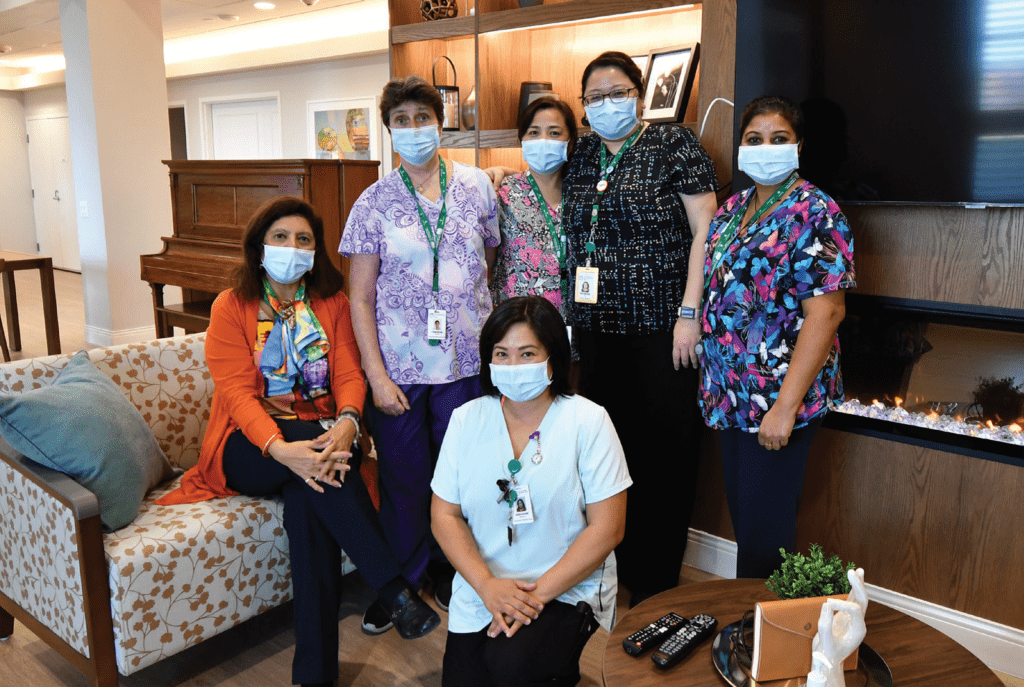Every year on April 16, we celebrate Advance Care Planning Day in Canada. This awareness day encourages everyone to have conversations and make plans about their wishes for future health care.
What is Advance Care Planning?
Advance Care Planning (ACP) is a process to describe your wishes for end-of-life of care in advance. ACP is not only for people who are getting older. All adults should make plans for future medical needs because a serious accident or illness can happen at any age.
Your plan may include information about procedures that you do or do not want to have, as well as other information about your care at the end of life. ACP is not a one-time decision – you can revise your plan at any time as your goals and values change.
Why is Advance Care Planning important?
Planning for your care in advance allows you to share your personal values, life goals and preferences regarding future medical care. If you are not able to speak for yourself during a medical emergency, having an ACP ensures your wishes and values are respected, and supports your loved ones who might otherwise struggle to make choices about your care.
How do I get started with my plan?
The following are six tips to help you get started on your Advance Care Plan:
1. Think about what is right for you. Think about your values, beliefs and understanding about end-of-life care and medical procedures. Think about what is important to you when it comes to your care.
2. Learn about different medical procedures. There are many medical procedures that can be offered at the end of life. Some may improve quality of life, others may prolong life. Learning about different procedures can help you identify what is right for you, and what treatments you may not want.
3. Choose your Substitute Decision-Maker. A Substitute Decision-Maker (SDM) is a designated person who you authorize to make decisions about your care on your behalf if you cannot speak for yourself. Your SDM may be a spouse, partner, family member or trusted friend. Choose someone who would honour and follow your wishes and values.
4. Talk about your wishes. Talk about your wishes with your Substitute Decision-Maker, family members and friends who are important to you. Tell your health team about your values, and if you have a written care plan, share it with them.
5. Record your wishes. Write down or make a recording of your wishes. In an emergency, your recorded wishes can give your loved ones the confidence to speak on your behalf. There are forms and resources available in Ontario for this purpose.
6. Review your plan. It is important to review your plan regularly and make sure it reflects your wishes over time. You may never need your plan, but if you do, you will be glad to know that your voice will be heard.
Our Yee Hong Hospice team provides information and education on Advance Care Planning and other topics related to end-of-life care, available in different languages.
If you would like to learn more, please visit our website or contact our team at hospice@yeehong.com or 416-940-4810.

